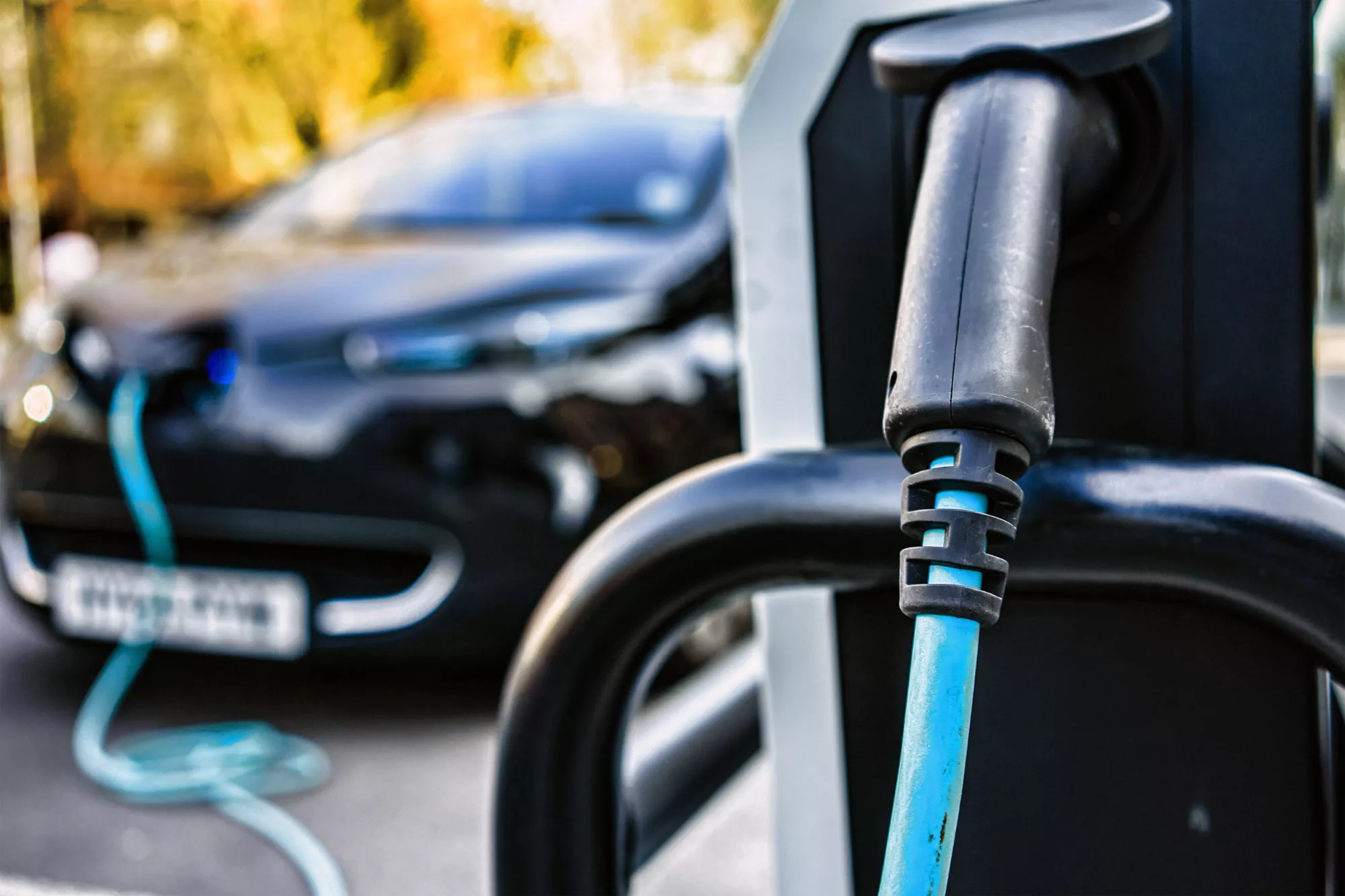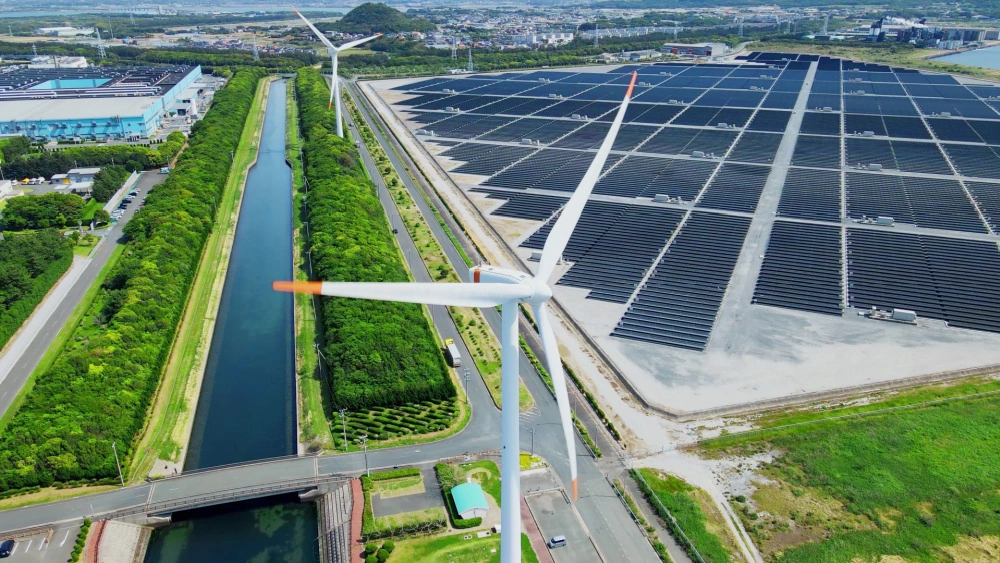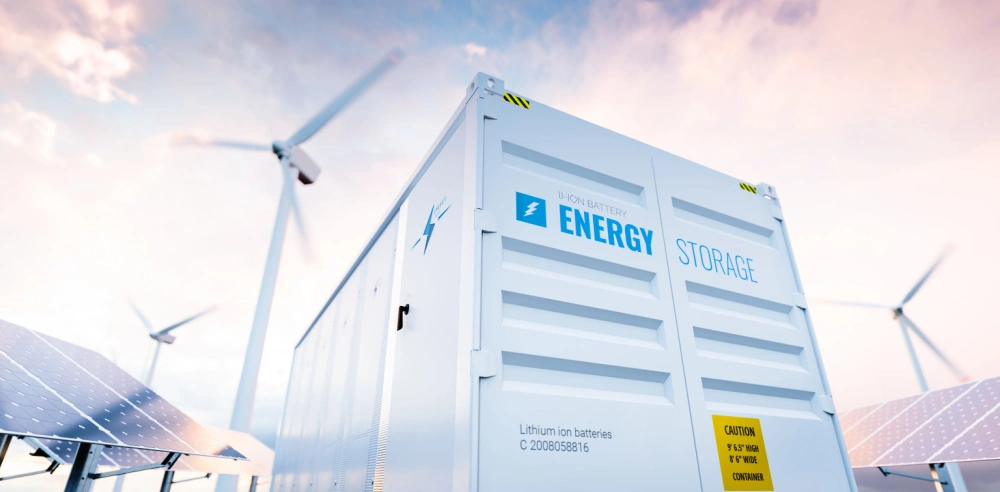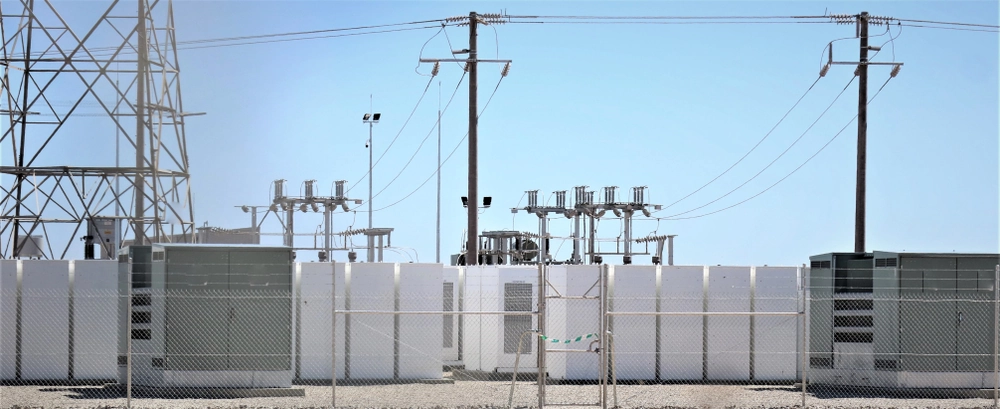
New Public Charge Point Regulations in force from 24 November 2024: How will they impact the Energy sector?


The UK Public Charge Point Regulations ("Regulations") came into force on 24 November 2023, but key regulations are set to take effect on 24 November 2024. The Regulations aim to streamline and improve the experience of charging electric vehicles (“EVs”) across the country by mandating greater accessibility, transparency, and reliability at public EV charging stations and targeting widespread adoption and efficient usage of EV infrastructure.
Charge point operators
The Regulations apply to Charge point operators (CPOs), which are defined under the relevant guidance as persons “responsible for operating a public charge point, whether as an owner or as a third party on behalf of the owner”. Their primary role is to provide the infrastructure that enables EV drivers to access public and commercial charge points, ensuring these facilities are operational, reliable, and accessible to a wide range of users.
The guidance provides examples of CPOs in different scenarios. In instances where a local authority has granted a concession to a third-party company to install and operate EV chargers on the streets of said authority, it will be the company that is the CPO, provided that the company has the responsibility for managing, operating and maintaining said EV chargers.
Conversely, if a service station owner has contracted the installation of EV chargers to a third party company, with the intention that the EV chargers will then come into the ownership and responsibility of the service station owner, it will be the service station owner that is deemed to be a CPO.
We typically see arrangements where a landowner grants rights to a third-party entity (typically pursuant to a lease) to install EV chargers at their premises, with the third party entity maintaining ownership and control of the EV infrastructure. In such instances, to the extent that such EV chargers are "public charge points", the third-party entity (and not the landowner) is required to comply with the Regulations.
That said, newer models are constantly emerging, and sophisticated landowners see value in taking ownership of the EV infrastructure, once it has been installed. In those instances, such landowners are likely to contract the operation and maintenance of said infrastructure to a party that has the necessary skills and personnel to carry out these activities. Careful consideration of the contractual arrangements is needed in order to identify the CPO in each instance.
Key Elements of the Regulations
All new public charge points over 8kw and all public charge points over 50kw must offer contactless payments. This shift allows users to pay for EV charging without needing a pre-existing account with a network provider, enhancing ease of access for all drivers.
The guidance provides various examples of what would be considered acceptable and unacceptable contactless payment. It highlights that acceptable forms of contactless payment include where contactless is offered on each charge point, but also where, it is offered in a nearby or attached building clearly visible and signposted from the charge point.
CPOs must offer a free to use 24/7 telephone helpline at all EV charge points to promptly assist users experiencing any issues. The guidance states that numbers that charge local call rates will fall short of this requirement. The helpline must also offer real-time assistance therefore, any voicemail system would not be considered sufficient under the Regulations.
CPOs are to provide a report to the Secretary of State and the enforcement authority under this requirement, with the first report due on 31 December 2024. Following reports are to be submitted quarterly confirming whether the helpline has been accessible for the preceding period and details surrounding the number/length of calls, the type of assistance sought, and the percentage of calls that were not resolved by the reporting date along with the reasons why they were unresolved.
Rapid charge points (over 50 kW) must maintain a minimum 99% uptime (i.e., the amount of time the public charge point is to be available) to reduce downtime and ensure consistent service for EV drivers. Operators are required to track and report their service reliability to the Department for Transport annually, the first report must be submitted by 14 January 2026 covering the 2025 calendar year. The guidance states that a CPO will not be penalised if their uptime falls below 99% for a given month, so long as their average reliability remains at 99% or above across a 12-month period.
As the obligation to provide contactless payment terminals is considered to be integral to a functioning charge point, where a contactless payment terminal is not working, this will considered downtime for the charge point(s) affected.
We have further discussed the key elements of these Regulations in a previous article: On the road to change: What do the draft Public Charge Point Regulations mean for EV operators?
Impact on the energy Sector
These regulations are expected to intensify the demand for reliable power and infrastructure investment in the UK. With increased EV adoption, there will likely be higher peak load demands on the grid, necessitating the involvement of Distribution Network Operators (“DNOs”) and possibly adjustments in energy supply management strategies. Transparent pricing and improved reliability will help address “range anxiety” (concern over finding a reliable charge) and offer potential users a more reliable experience, which could accelerate the transition to EVs. Simplified access through contactless payments and roaming will also enhance convenience, encouraging more drivers to switch to electric vehicles.
The new Regulations will be key for stakeholders to stay aware of, such as:
- Charge Point Operators (CPOs): CPOs must invest in technology and infrastructure to meet the new standards, which include upgrading existing charge points to support contactless payments and ensuring compliance with reliability and transparency mandates. In some instances, penalties for non-compliance could reach £10,000 per charge point. As noted above, with complex contractual arrangements coming into the fore, identifying who is a CPO in each instance will be key in ensuring regulatory compliance.
- Energy Companies and Grid Managers: The increased load on the grid and more distributed energy needs will require ongoing collaboration between energy suppliers, grid operators, and charge point operators to ensure energy supply stability. To follow the grid connection reform process, you can read more about the changes we can expect in our recent article.
- Government and Regulatory Bodies: Agencies will play a significant role in monitoring compliance, managing data transparency and setting standards to facilitate a fair and efficient EV charging network across the UK.
The Regulations mark a major milestone in the UK's EV strategy by encouraging a user-friendly, transparent, and reliable charging network. They not only support environmental goals by encouraging more drivers to go electric but also set a strong precedent for a collaborative approach between the energy sector, technology providers and the government.
Please get in touch with our team of experts if you wish to discuss the Regulations further.











